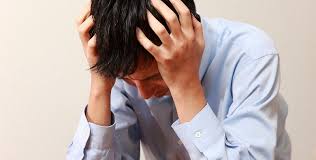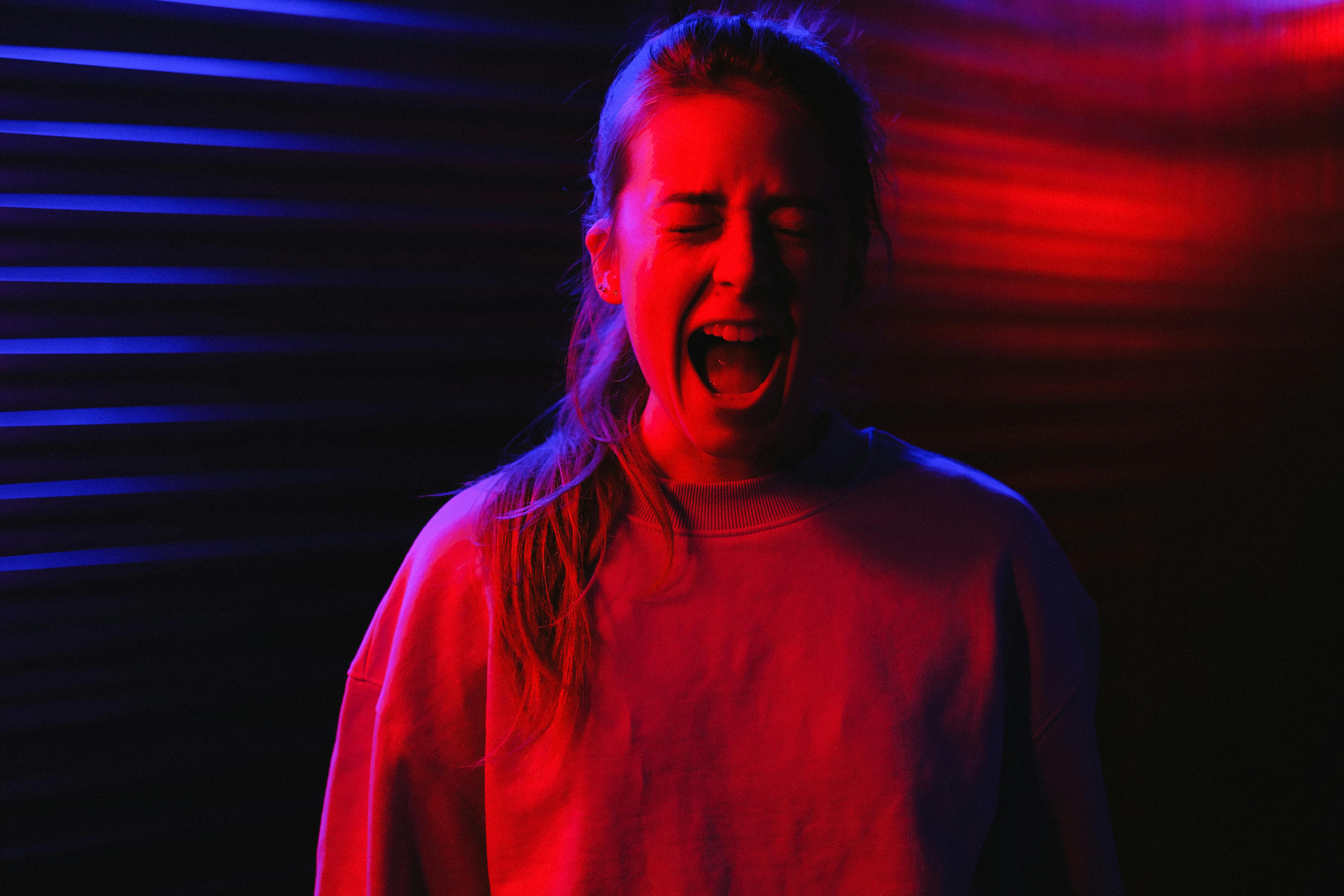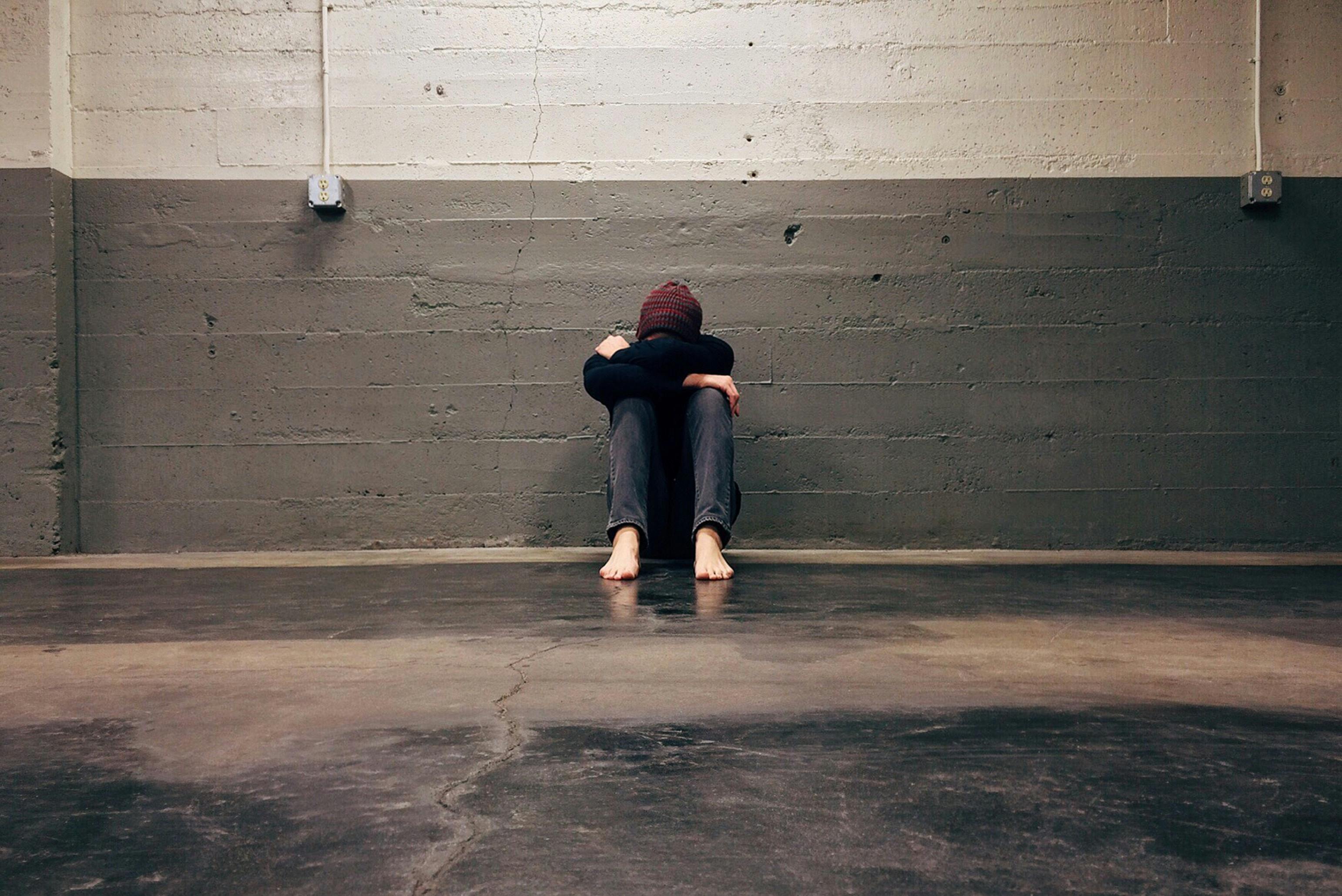 Blog Speed Optimization – Make Google & Users Happy!
Blog Speed Optimization – Make Google & Users Happy!
Social Media's Effect on Anxiety Levels
Written by Freya Parker » Updated on: June 17th, 2025

For millions of individuals worldwide, social media has become an essential aspect of everyday life, impacting their ability to interact, communicate, and view others and themselves. Despite its advantages, social media use is becoming more and more associated with a number of mental health issues, such as anxiety. In order to manage social media's effects on people's wellbeing, it is essential to comprehend the nuanced relationship between anxiety levels and the platform.
Social Media's Ascent in Society
Social media sites like Facebook, Instagram, Twitter, Snapchat, and TikTok have completely changed how people communicate and share information. Through these platforms, users can stay in touch with friends and family, follow interests, exchange updates, and participate in groups of others who share their interests. Social connections and the way people consume information have changed as a result of social media's accessibility and widespread acceptance.
How Anxiety Is Linked to Social Media
Even though social media has many advantages, there are drawbacks that can exacerbate anxiety, particularly for susceptible groups like teenagers and young adults. The following are some of the factors that influence how social media affects anxiety levels:
1. FOMO, or the fear of missing out
FOMO is the term used to describe the uneasiness or fear someone may experience when they think others are enjoying enjoyable events from which they are missing. By presenting carefully chosen and idealized images of other people's lives, social media frequently exacerbates FOMO, which is the fear of missing out on social events or accomplishments.
2. Evaluating Oneself and Comparing
Social media users frequently compare their lives, appearances, and accomplishments to those of others, which fosters a culture of continual comparison. This phenomenon can significantly effect self-esteem, leading to feelings of inadequacy, envy, or anxiety. The inclination to showcase perfected representations of oneself on the internet might lead to inflated hopes and discontentment with one's personal circumstances.
3. Cyberbullying and Peer Influence
Negative social interactions and cyberbullying can thrive on social media platforms, leading to substantial consequences for mental health. Anxiety and tension can arise from the worry of receiving negative feedback or judgment from peers on the internet, particularly in the case of adolescents and young adults who are more vulnerable to social pressures.
4. Distraction and Information Overload
People who are constantly exposed to information and updates on social media may become overwhelmed and experience anxiety. It can be taxing to constantly be exposed to thoughts, ideas, and updates, and it can be challenging to unplug and unwind. Furthermore, using social media excessively can cause procrastination and decreased productivity, which exacerbates worry.
5. Social Approval and Validation
Getting likes, comments, and shares on social media can serve as sources of validation and social approbation. However, when posts do not garner the anticipated amount of engagement or when unfavorable criticism is received, the quest of validation through social media numbers can exacerbate feelings of anxiety and self-doubt.
Psychological Processes at Work
Social media increases anxiety levels through a number of psychological factors, including:
Selective Self-Presentation
When people hide unpleasant experiences from others and only highlight the positive parts of their lives, they tend to give a skewed picture of reality, which can exacerbate feelings of inadequacy.
Social Comparison Theory
People frequently make unfavorable comparisons between themselves and other people, which lowers their self-esteem and causes them to feel bad.
Dopamine Reward System
When one expects and receives likes, comments, and shares, dopamine is released in the brain, which encourages actions linked to obtaining approval from others.
Populations at Risk
Some demographic groups might be more vulnerable to social media's detrimental impacts on anxiety than others:
Teenagers and Young Adults
Because of their developmental stage and dependence on social affirmation, teenagers and young adults are especially vulnerable. They could feel more anxious about acceptability by their peers and social comparisons.
People with Prior Mental Health Conditions
People who already suffer from anxiety disorders or low self-esteem may be more vulnerable to the detrimental effects of social media on their mental health.
Reducing the Effect of Social Media on Nervousness
Even though social media can exacerbate anxiety, people can learn coping mechanisms to lessen its harmful effects:
1. Establish boundaries and limit screen time
Reducing exposure to content that causes anxiety can be achieved by establishing boundaries for social media use. Better mental health can be achieved by setting aside specific times to check social media and by avoiding it right before bed.
2. Manage the Content on Social Media
Anxiety levels can be controlled by creating a supportive and upbeat social media atmosphere by unfollowing accounts that make you feel bad and following accounts that encourage optimism and well-being.
3. Develop your self-awareness and mindfulness
People can learn more effective coping mechanisms and increase their awareness of their emotional reactions to social media by practicing mindfulness techniques like deep breathing or meditation.
4. Look for Offline Social Support
A more balanced viewpoint and a decreased dependency on social media for social approval can be achieved by striking a balance between online and offline connections and activities.
5. Get Knowledge About Digital Health
People who are aware of the behavioral and psychological effects of social media are better equipped to prioritize their mental health and make wise decisions about how they behave online.
Technology's and platform policies' roles
The detrimental effects of social media on mental health are lessened in large part by technology firms and social media platforms. Among the actions that can be done are:Increased user control and transparency over the algorithms used to select information can help minimize the amount of anxiety-inducing content that is exposed to users.
Safety and Privacy Settings
Improving safety features and privacy settings can shield users from harmful social interactions and cyberbullying.
Encouraging pleasant Engagement
Communities that support mental health and pleasant interactions can help to build a more friendly online community.
In summary
Social media has a complex effect on anxiety levels that is driven by comparison, validation, and exposure to unfavorable information, among other things. Social media has many advantages, such as connecting people and sharing information, but its consequences on mental health—especially anxiety—must also be taken into consideration. People can use social media more mindfully and advance their general well-being by comprehending the psychological processes at work and implementing mitigation techniques. Global user initiatives to create a safer and more encouraging online environment also heavily depend on platform policies and actions by tech corporations.
Note: IndiBlogHub features both user-submitted and editorial content. We do not verify third-party contributions. Read our Disclaimer and Privacy Policyfor details.
Copyright © 2019-2025 IndiBlogHub.com. All rights reserved. Hosted on DigitalOcean for fast, reliable performance.










